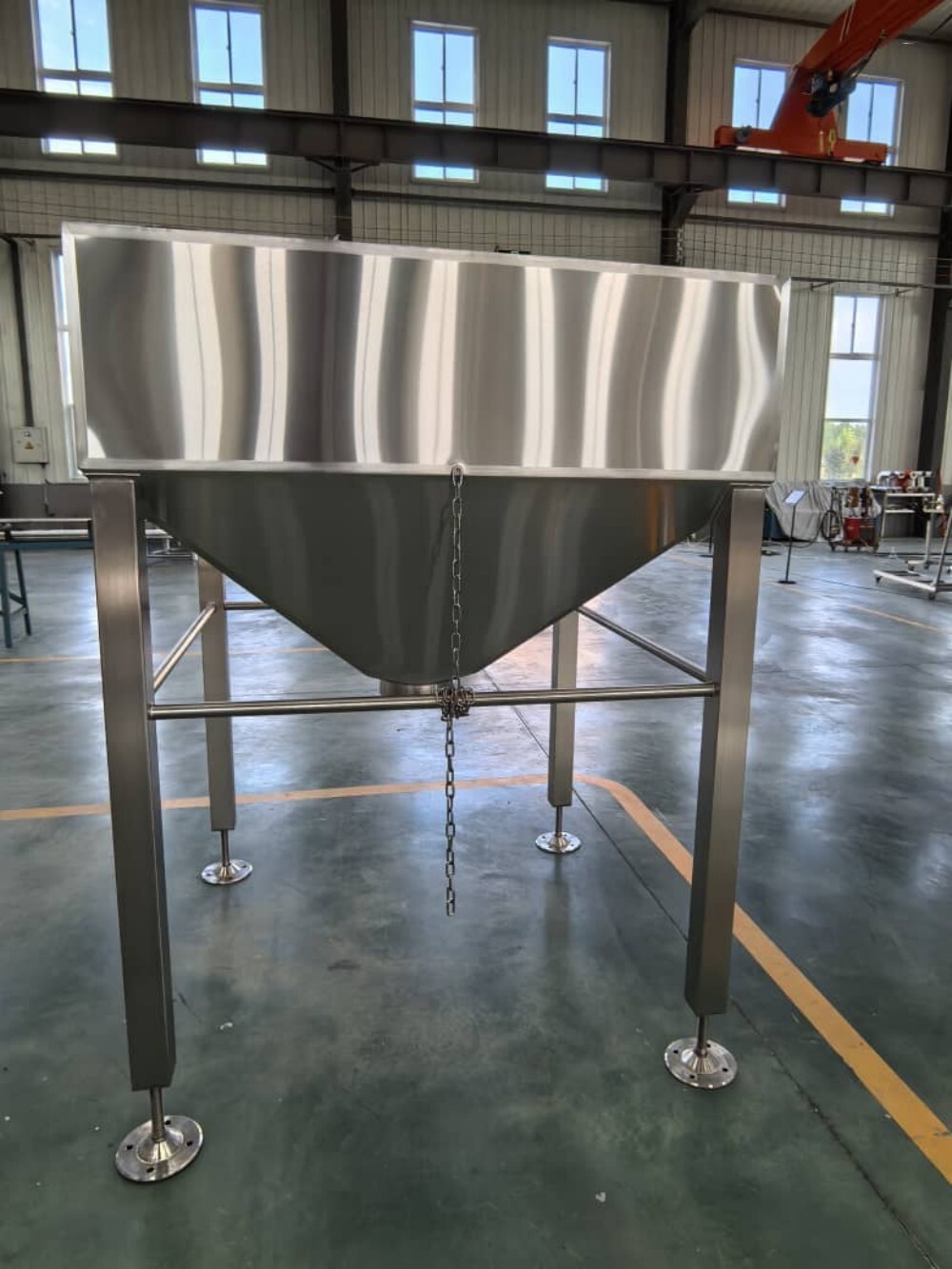
Understanding Brewery Malt Mills
A brewery malt mill is an essential piece of equipment in the brewing process, responsible for crushing malted barley to extract fermentable sugars. The quality of the mill directly impacts the efficiency of your brewing operation and the final product's taste. When selecting a malt mill, consider factors such as roller material, gap adjustment, and throughput capacity. For instance, stainless steel rollers are preferred for their durability and resistance to corrosion.
Types of Brewery Malt Mills
There are several types of malt mills available, each with its own advantages and disadvantages. The most common types include two-roller mills, four-roller mills, and six-roller mills. Two-roller mills are simple and cost-effective, making them ideal for small breweries. Four-roller mills offer better efficiency and are suitable for medium-sized operations. Six-roller mills provide the highest level of precision and are typically used by large-scale breweries.
Key Features to Consider
When evaluating brewery malt mills, pay close attention to the following features:
- Roller Material: Stainless steel rollers are durable and easy to clean.
- Gap Adjustment: Allows for precise control over the crush size.
- Throughput Capacity: Ensure the mill can handle your brewery's production volume.
- Motor Power: A powerful motor ensures consistent performance.
Industry Standards and Certifications
Look for mills that comply with international standards such as ISO 9001 or CE certification. These certifications ensure the equipment meets rigorous quality and safety requirements. Additionally, consider mills that are designed to work seamlessly with other brewing equipment, such as the 200L 2 Vessel brewhouse, to create a cohesive brewing system.
Cost and ROI Analysis
Investing in a high-quality malt mill can significantly improve your brewery's efficiency and product quality. While the initial cost may be higher, the long-term benefits often justify the expense. Calculate the return on investment (ROI) by considering factors such as reduced downtime, lower maintenance costs, and improved beer quality.
Common Mistakes to Avoid
Many breweries make the mistake of choosing a malt mill based solely on price. While cost is an important factor, it should not be the only consideration. Other common pitfalls include neglecting to consider the mill's compatibility with your existing equipment and underestimating the importance of regular maintenance.
Case Study: Successful Implementation
A mid-sized brewery recently upgraded to a four-roller malt mill and saw a 20% increase in efficiency. The new mill allowed for better control over the crush size, resulting in more consistent fermentation and improved beer flavor. The brewery also reported lower maintenance costs due to the mill's durable construction.
FAQ Section
Q: How often should I replace the rollers on my malt mill?
A: Rollers typically last between 5,000 to 10,000 hours of operation, depending on usage and maintenance.
Q: Can I use a malt mill for other grains?
A: While malt mills are designed for malted barley, some models can handle other grains like wheat and rye.
Why Choose Us?
At ZYB, we specialize in designing and fabricating high-quality brewery systems, including malt mills. Our years of experience in the industry ensure that you receive equipment that meets the highest standards of performance and reliability. Contact us today to learn how we can help you optimize your brewing process.
Tell us about your brewery equipment requirements!
At ZYB Craft, we’re dedicated to bringing your brewery vision to life. Our expert team of brewers, engineers, and craftspeople is ready to design and manufacture the perfect equipment for your brewing operation. Whether you’re just starting or expanding, we’re here to help. Please leave your specifications, and our team will get in touch to discuss your project in detail. We’ll work closely with you to create equipment that meets your unique needs and budget.
*Rest assured, your information will be kept confidential and used solely for the purpose of assisting you with your brewery equipment needs. We look forward to brewing success together!

